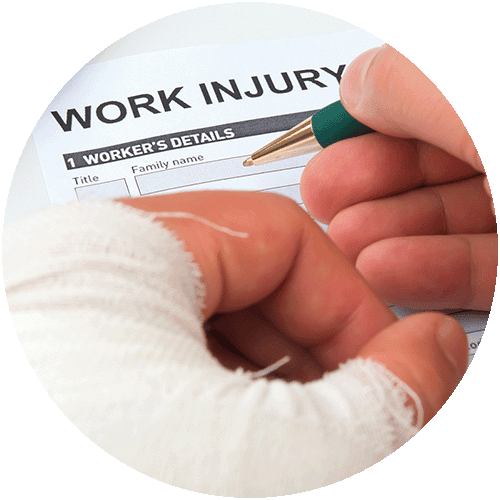NAMIC 2026 Webinars
NAMIC is offering seven different webinar series in 2026. These webinars are specifically designed so companies can engage different teams and team members based on individual training needs, desired interests, and level of experience in the industry.
NAMIC webinars are quick and affordable ways for your organization to invest in employee education throughout the year. Flexible registration packages are available to meet your budget. All sessions are conveniently available 24/7 on demand after the live webinar has occurred.
Due to different state requirements and application processes, NAMIC webinars do not qualify for CE credits for state licensing.
2026 Webinar Series
- AI
- Claims
- Industry Trends
- Insurance 101
- Professional Advancement
- Underwriting
- Workers’ Compensation
Featured Session – Included With All 2026 Series
At the Crossroads: The New Economics and Politics of Property/Casualty Insurance
April 1, 2026 | 2:00 p.m. ET
This session will provide an overall economic outlook of the property/casualty insurance industry and will include a high-level look at industry trends and disrupters. The always-popular Robert Hartwig, Ph.D., will provide important insights that will help you manage your company’s risk.

Robert Hartwig, Ph.D.
Director, Center for Risk & Uncertainty Management
University of South Carolina

AI Webinar Series
This series offers a comprehensive look at the rapidly evolving world of artificial intelligence. Covering topics such as AI agents, generative AI, AI-driven underwriting, and claims innovation, these sessions will equip attendees with the insights they need to stay current and competitive in today’s insurance landscape.

Claims Webinar Series
Sessions in this series are designed to help an entire claims team manage current challenges while preparing for what is on the horizon. Topics range from technology trends to emerging issues in claims and best practices in all aspects of claims management.

Industry Trends Webinar Series
This series offers timely information on a wide variety of property/casualty insurance industry trends. Sessions provide attendees opportunities to tune into the latest issues impacting the industry, their organizations and policyholders, and their day-to-day work.

Insurance 101 Webinar Series
This series provides an entry-level understanding of the various components of the property/casualty insurance industry. Sessions cover topics such as understanding company financials, reinsurance, compliance, underwriting basics, and more. This series is perfect for professionals who are just beginning their journeys in the insurance industry or anyone who is interested in a refresher on the basics.

Professional Advancement Webinar Series
Join us for a dynamic series designed to help attendees focus on their professional development with industry-specific content. This series will provide attendees with actionable steps to advance their professional career.

Underwriting Webinar Series
Sessions in this series cover a wide range of topics important to property/casualty insurance underwriting teams, including specific commercial lines and personal lines exposures, workers’ compensation, and product development. All underwriting staff members will benefit from these opportunities to dive into the challenges and opportunities that face their department.

Workers' Compensation Webinar Series
Stay informed and empowered with our Workers’ Compensation Webinar Series, designed to provide critical insights into the complexities of workers’ compensation laws, claims, and best practices.


